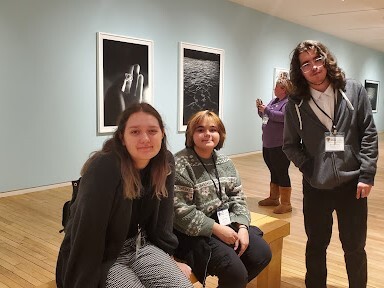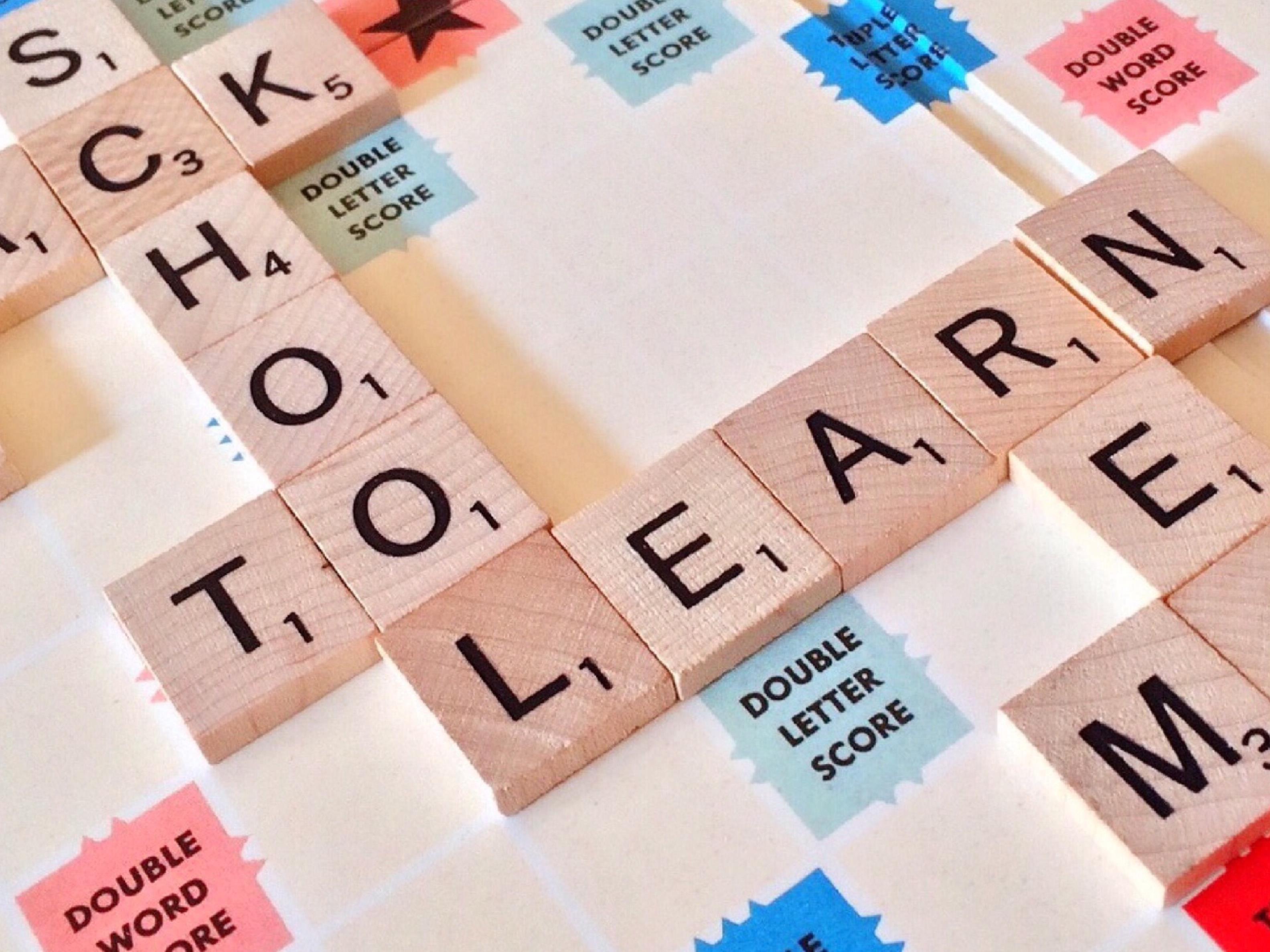Reimagining Assessment
5 Ways that Higher Ed Learning Assessment is Changing
Topics

Educators are rethinking the purposes, forms, and nature of assessment. Beyond testing mastery of traditional content knowledge—an essential task, but not nearly sufficient—educators are designing assessment for learning as an integral part of the learning process.
You can still find college courses in which the only direct feedback that a student gets comes from exams and papers; yet, if you look closely, you'll find many faculty members who do much more than that, and that number is growing.
Higher education learning assessment is changing.
Yes, you can still find plenty of college courses in which the only direct feedback that a student gets comes from a midterm exam, final exam, and a couple of papers. Yet, if you look more closely, you will find that there is a longstanding tradition of faculty who do much more than that, and that number is growing.
Consider the following five approaches and how they give us a glimpse into the future of higher education learning assessment:
1. The Inverted Classroom
This practice has garnered growing attention over the last 15+ years, especially in the K-12 setting, but many people forget that the flipped or inverted classroom model started in higher education. In “Inverting the Classroom: A Gateway to Creating an Inclusive Learning Environment” (2000), Lage, Platt, and Treglia described a model where the instructor could have students review recordings of course lectures outside of class, allowing for more interactive and personalized learning during the classroom. While that original article received limited attention, the term “flipped classroom” grew over time, and the model spread in K-12 and higher education.
2. Research on Feedback
There is growing research on how people learn best, and we know that frequent and meaningful feedback is a key to learning. Learning assessment, in the formative sense, is largely about feedback. It is about students knowing if and how they are progressing. It is about giving the instructor a means of knowing how each student is progressing so that the instructor can intervene at opportune moments. The fact is that formative feedback works exceedingly well at helping students learn. The more we learn about this and how to provide rich feedback, the more responsible we are to take this knowledge into consideration as we create rich, meaningful, and effective higher education learning experiences.
In fact, if those of us in higher education ignore this research, we can be sure that education providers outside of higher education will not. What happens when/if these education providers outside of higher education can prove greater student learning than what is happening in college classrooms? This is a good and important wakeup calls for anyone who cares to keep higher education alive and well into the future.
3. The Information Revolution
In the digital age, access to knowledge is more readily available than ever. Therefore, the information revolution is another factor for us to consider. If I can find recorded lectures of a myriad of topics for free online, why do I need a professor in such a landscape? This reality is both challenging and changing higher education. It is reminding us of an age-old fact: that lectured content is not the most important contribution of a professor. Rather, it is the ability to provide rich, ongoing, meaningful, formative feedback and coaching as one progresses toward deeper understanding and/or competence in one or more domains. Great schools and professors have realized this for centuries, but the presence of more alternatives makes this fact even harder to ignore or disregard.
4. Feedback & Assessment Technologies
An important influence on our thinking about feedback and assessment in higher education is a technological one. Clickers and related student response apps for mobile devices are commonplace today, creating a means of quick, immediate and personalized feedback to every student, even in the largest of lectures classes. Yet, that was just the beginning of the feedback technology revolution. Tools available in learning management systems allow for the easy creation of simple practice quizzes that allow students to check their understanding of core concepts before coming to class, not to mention giving instructors greater insight into student performance. This, too, is old news and now commonplace in higher education.
Now we are beginning to see growing attention to learning analytics systems that offer instructors early alerts regarding students based upon student behaviors, such as how many times they logged into the course learning management system, their respective performance in past or related courses, attendance, performance in prior assessments, demographic data, and more. Every recordable action of a student is becoming a data point that contributes to a growing understanding of individual student strengths, limitations, and progress. Such technologies are in their infancy, but the implementation of such systems is well underway, soon to find themselves in more classrooms.
5. Games & Simulations
Add to all of these the growing experiments with games and simulations in the higher education classroom. These types of learning experiences have the capacity to integrate assessments into the learning experience. Feedback and assessment are less about some sort of separate and distinct element of the class. They are and can be so closely connected to what students are doing in a serious game or learning simulation that the student might not even think of it as an assessment. While we’re not there yet, we are nearing a time when the idea of a final exam will be unnecessary because learning analytics and educational simulations will be able to provide real-time data about a student’s mastery and progress at any point in a given course, program or broader learning experience. Again, we’re not there just yet, but the experiments and early adoption of assessment within games and simulations gives us a glimpse into where we are heading.
Times are Changing
These and plenty of other factors contribute to the changing landscape of assessment in higher education. Nothing has changed or will evolve overnight, but if we take the time to notice these sorts of developments, we get important insights on the changes that are indeed underway.
Such changes bring benefits and limitations, both of which warrant further study and conversation. Perhaps this article will serve as a catalyst for both.




